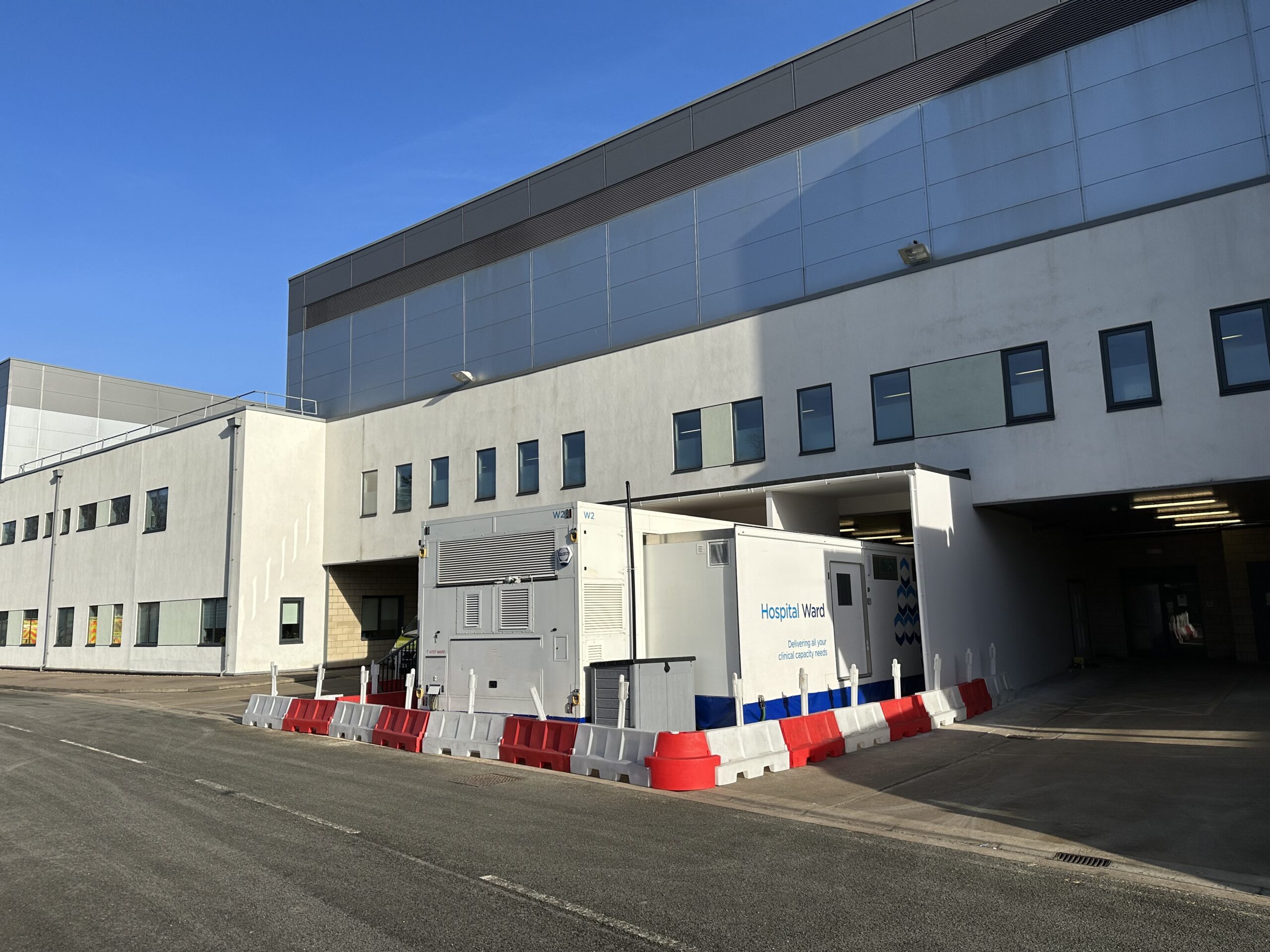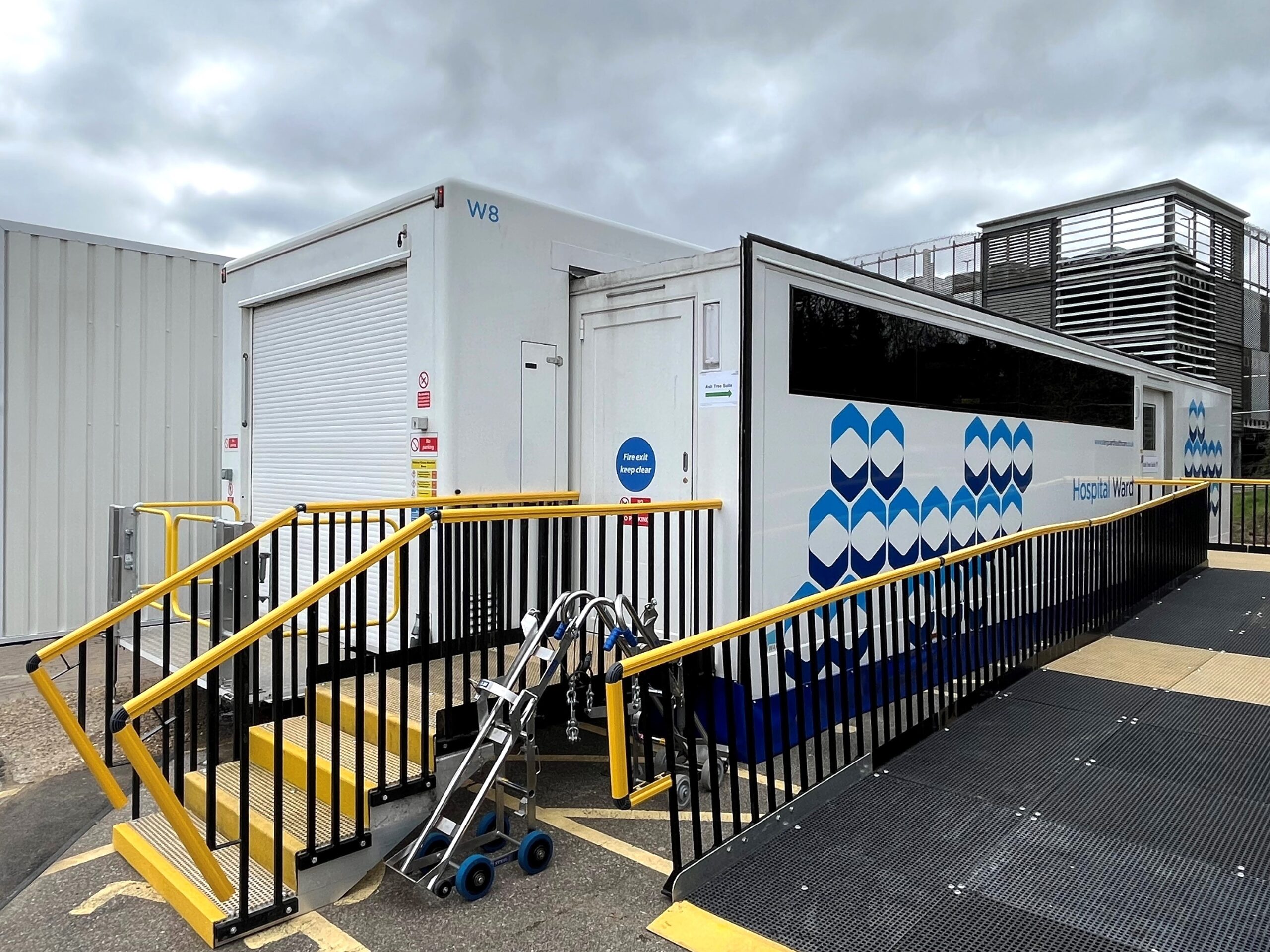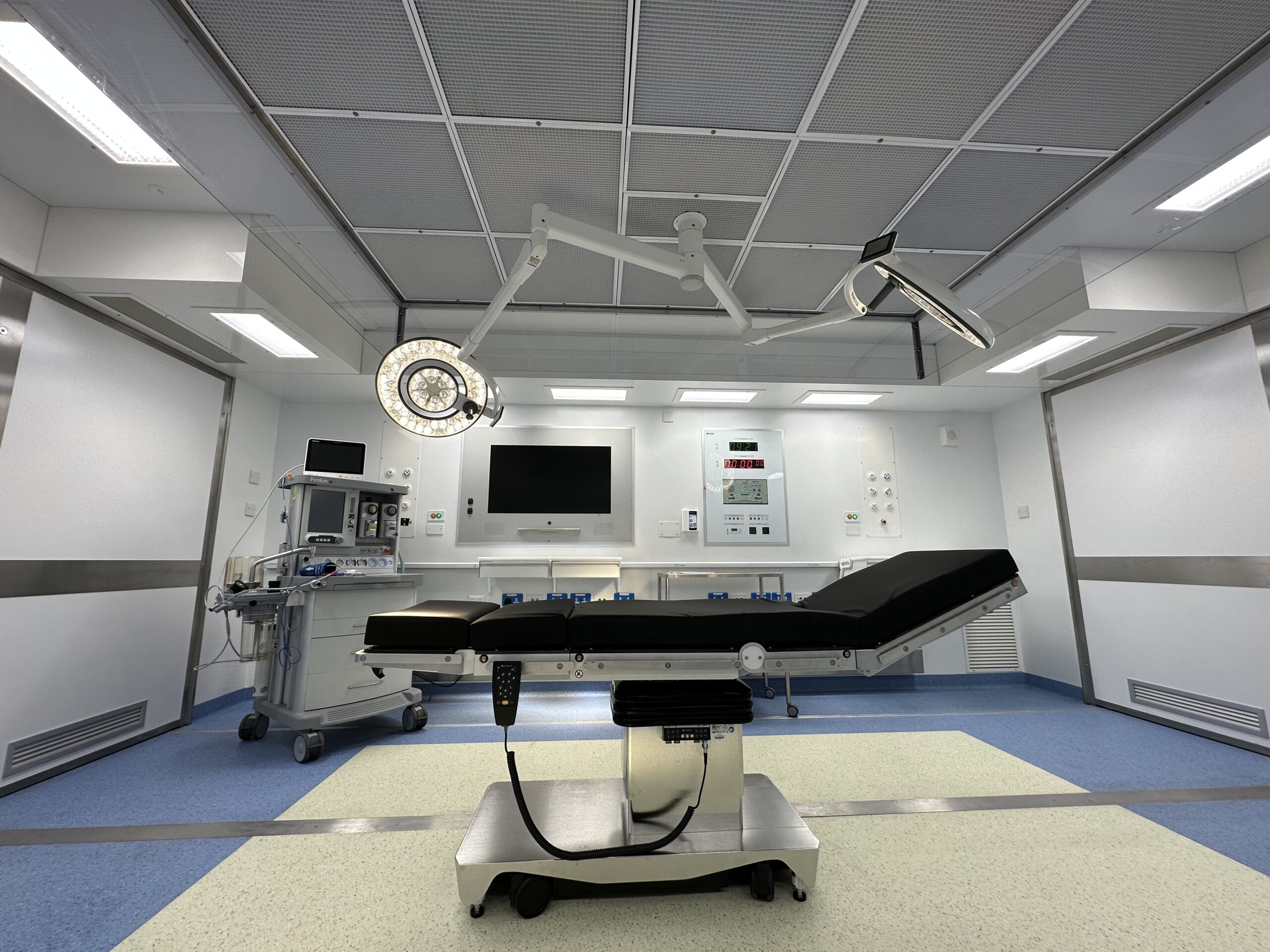In the last few weeks, we’ve seen a number of temporary hospitals housed in converted conference or sports centres announced across the world, including in Italy, Spain, Iran, Brazil and the US, and the first UK site, at the ExCel centre in London, opened its doors last week. The current situation with COVID-19 is exceptional. It is severely testing the resilience of healthcare systems around the globe, and major action is needed urgently to ensure lives are saved.
Recent developments have demonstrated how quickly a temporary solution can be made operational in an emergency situation. The NHS Nightingale in London was completed in only nine days, using the vast space that already existed within the Excel Centre, while an exhibition centre in Milan was converted into Italy’s largest intensive care facility for coronavirus patients in just 10 days. However, we are already in the midst of a crisis, and the rapid deployment of these facilities has depended on direct support from governments and the military, along with access to almost unlimited resources.
Within many healthcare systems worldwide, hospitals have been ordered to free up significant capacity by discharging as many non-critical patients as possible, and by ceasing all planned and elective procedures. Countries such as the UK, Ireland and Australia have also seen public sector healthcare requisition bed space capacity from the independent hospital sector. In the UK, the NHS is reported to have created or freed up the bed capacity equivalent to 54 District General Hospitals over a period of just two weeks. This in itself is a phenomenal achievement and shows just how well the NHS is able respond to major situations.
Hospitals that were already under significant pressure with bed numbers; staffing pressures; and myriad competing demands, have responded in a Herculean manner to the challenges posed by the COVID-19 outbreak. But in a number of cities and regions, healthcare leaders are concerned that it might still not be enough, depending on which of the forecast paths are used to predict the number of cases and admissions. A number are still frantically searching for quick, effective ways of providing yet further beds to deal with the demand.
As a result, some hospitals have turned to temporary solutions using prefabricated modular units, or mobile clinical facilities that can be deployed rapidly to extend a hospital’s capacity, or be deployed away from the main hospital site, while others have ended up converting facilities that are less than ideal for the purpose but will suffice in an emergency situation.
There is a big difference between something that’s designed for permanent use and that meets all the standard specifications, and facilities deployed very quickly for emergency use – such as the temporary hospitals housed within conference centres. But exceptional times demand exceptions to normal specifications and SOPs, and all relevant civil authorities have so far shown great pragmatism in relaxing or suspending a whole range of requirements in order to facilitate a major increase in bed numbers.
Flexible healthcare infrastructure can be part of this resilience upshift. A number of healthcare providers worldwide are already using flexible infrastructure in a planned way, often to provide additional capacity to cope with expected shifts in demand; or to provide replacement capacity for planned refurbishments or to help choreograph a series of complicated changes to a hospital site.
As mobile and modular wards, műtők és endoscopy procedure rooms already meet the relevant standards, they can be rapidly repurposed to provide additional bed spaces. They also meet infection control standards, through a number of well-thought-through design features.
It has become clear that healthcare providers and hospital leaders see mobile or temporary modular units already on site as a valuable extension of their permanent estates and facilities, and as key to surge planning within their estate, helping to optimise their use of resources. The use of flexible infrastructure allows hospitals to better choreograph their changes in order to provide uninterrupted care for patients in a situation that is changing daily.
Mobile and modular infrastructure can also easily be removed or relocated, or very quickly be repurposed to support hospitals in clearing the inevitable backlogs in surgery, diagnostics and other procedures that have been postponed during the crisis.
Regardless of the outcome of the COVID-19 crisis, it’s clear that healthcare providers, and governments, need to rethink their resilience for future pandemics, and be more prepared.
A number of operators who already provide temporary infrastructure report being inundated with requests for wards and isolation units, very few of which are sitting in a yard somewhere waiting to be deployed. It makes sense for healthcare planners to think about future events such as the current crisis, and work with operators to develop more resilience within the broader healthcare system. The expertise and the willingness is there; the strategic forward planning needs to bring it together.
Waiting until the next pandemic or other major situation, will mean valuable time is lost and implementation of suitable solutions are delayed. Preparedness is key, and incorporating flexible solutions into strategic and disaster recovery plans is essential.
To enquire about Q-bital’s flexible solutions, please contact [email protected].



Q-bital Healthcare Solutions
Unit 1144 Regent Court, The Square, Gloucester Business Park, Gloucester, GL3 4AD
